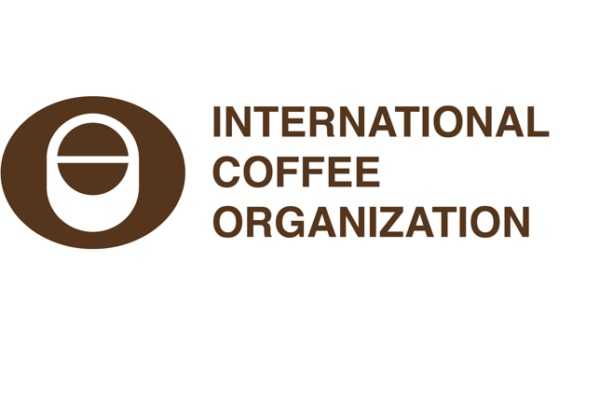LONDON, UK – For its third edition, held virtually on 12 July 2022, the World Coffee Producers Forum (WCPF) welcomed international experts and high-level representatives from different coffee-producing countries and coffee associations to discuss the focus of the forum: the intersection between coffee farmers’ prosperity and National Coffee Sustainability Plans.
The next WCPF Forum will take place in person on 13 and 14 February 2023 in Kigali, Rwanda.
The Forum encouraged dialogue between the key experts and producing countries in attendance on how to proactively address the challenges faced by the coffee value chain worldwide while improving the livelihoods of smallholder coffee growers. “Beyond the increase of wages and incomes, the real challenge is to achieve the growers’ and their communities’ prosperity and create sustainable living conditions for future generations of farmers,” highlighted Juan Esteban Orduz, Chair of the World Coffee Producers Forum.
An estimated 70% to 80% of the world’s coffee is produced by smallholders, making the coffee industry a crucial anchor for development and a driver of prosperity and sustainability in many producing countries. Nevertheless, the sector still faces major environmental, economic and social issues which require all stakeholders to be mutually aligned and working towards a common goal.
As such, discussions at the forum raised questions on how roles can be balanced between public interventions and private strategies to really benefit the rural communities and foster the long-term sustainability of the sector worldwide.
Vanúsia Nogueira, Executive Director of the International Coffee Organization (ICO), stressed that “to meet the SDGs and address the challenges of the coffee sector, we need an effective public-private partnerships framework. The ICO Coffee Public-Private Task Force is a unique opportunity to enhance dialogue and build consensus between all actors, with a view to achieving coordinated action for a sustainable and prosperous coffee sector at local and global levels.”
The forum focused on the importance of aligning producing regions with the SDGs through strategic plans for supporting producers and promoting sustainable coffee production. The SDGs stimulus is in fact crucial to raising funds and investments in reliable ways and to developing strategic plans which will serve as a shared framework for public and private coordinated actions.
Prof. Jeffrey D. Sachs (UN Sustainable Development Solutions Network) explained how each coffee-producing country should develop an SDG-framed National Coffee Sustainability Plan that accounts for the different needs, challenges and opportunities within that country’s coffee sector.
“Around the coffee growing itself, I count six SDG-based complementary investments that are essential:
- school and education;
- investment in healthcare;
- electrification based on energy decarbonization;
- sustainable use of land and biodiversity;
- sustainable infrastructures; and
- digital access and services”.
What is at stake here is how to address the deep sustainability concerns acknowledged by coffee sector stakeholders to meet the changes and opportunities related to the coffee demand that will occur over the coming decades.
The WCPF concluded on the need to intrinsically link social and environmental sustainability to overcome the multiple issues that could increasingly disrupt the coffee value chain at the local and global levels.
Following the adoption of the new International Coffee Agreement 2022 in June, the ICO, which brings together exporting and importing countries, as well as coffee farmers, industry and civil society, is ready as the only international coffee diplomacy space to be at the forefront of global collective action, providing ambitious yet achievable pathways to make coffee sustainable and achieve prosperity for all coffee farmers
















